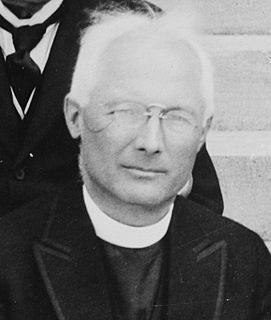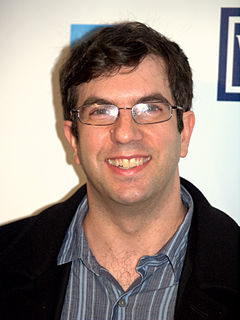A Quote by Charles Dickens
I found Uriah reading a great fat book, with such demonstrative attention, that his lank forefinger followed up every line as he read, and made clammy tracks along the page (or so I fully believed) like a snail.
Related Quotes
The Bible is forbidding when you start to read it. The language is odd. The stories start and stop herkily-jerkily. The characters behave in inexplicable ways. It takes a little bit of time to get into the rhythm of the book. I found reading the first 15 chapters of Genesis very very difficult. Once I got past there, I loved reading, and found it very easy. When you get used to the Bible, it becomes thrilling to read (like any great book - I just had exactly the same experience with the Odyssey).
In Africa, when you pick up a book worth reading, out of the deadly consignments which good ships are always being made to carry out all the way from Europe, you read it as an author would like his book to be read, praying to God that he may have it in him to go on as beautifully as he has begun. Your mind runs, transported, upon a fresh deep green track.
Because he did not have time to read every new book in his field, the great Polish anthropologist Bronislaw Malinowski used a simple and efficient method of deciding which ones were worth his attention: Upon receiving a new book, he immediately checked the index to see if his name was cited, and how often. The more "Malinowski" the more compelling the book. No "Malinowski", and he doubted the subject of the book was anthropology at all.
My music represents walking on train tracks in the middle of the woods, somewhere in the middle of nowhere. You walk down the tracks and you're walking every two tracks, and you've got your headphones on, and on both sides you've got forest, and in your rear is this long line of train tracks that's weaving through the woods. It's a very cool place, to walk along the train tracks because of the rhythm of walking every few feet through the woods. It's a good place to go dream.
Why did Ted Geisel end up writing and illustrating for young minds? He has specific imagery in the book, and we never would have moved beyond the discussion phase, if we couldn't have found an expression for The Lorax, dimensionally, that was true to the soul of what comes through in his simple line drawings, on the page.






































